An absolute sci-fi behemoth, Dune: Part Two is a staggering achievement
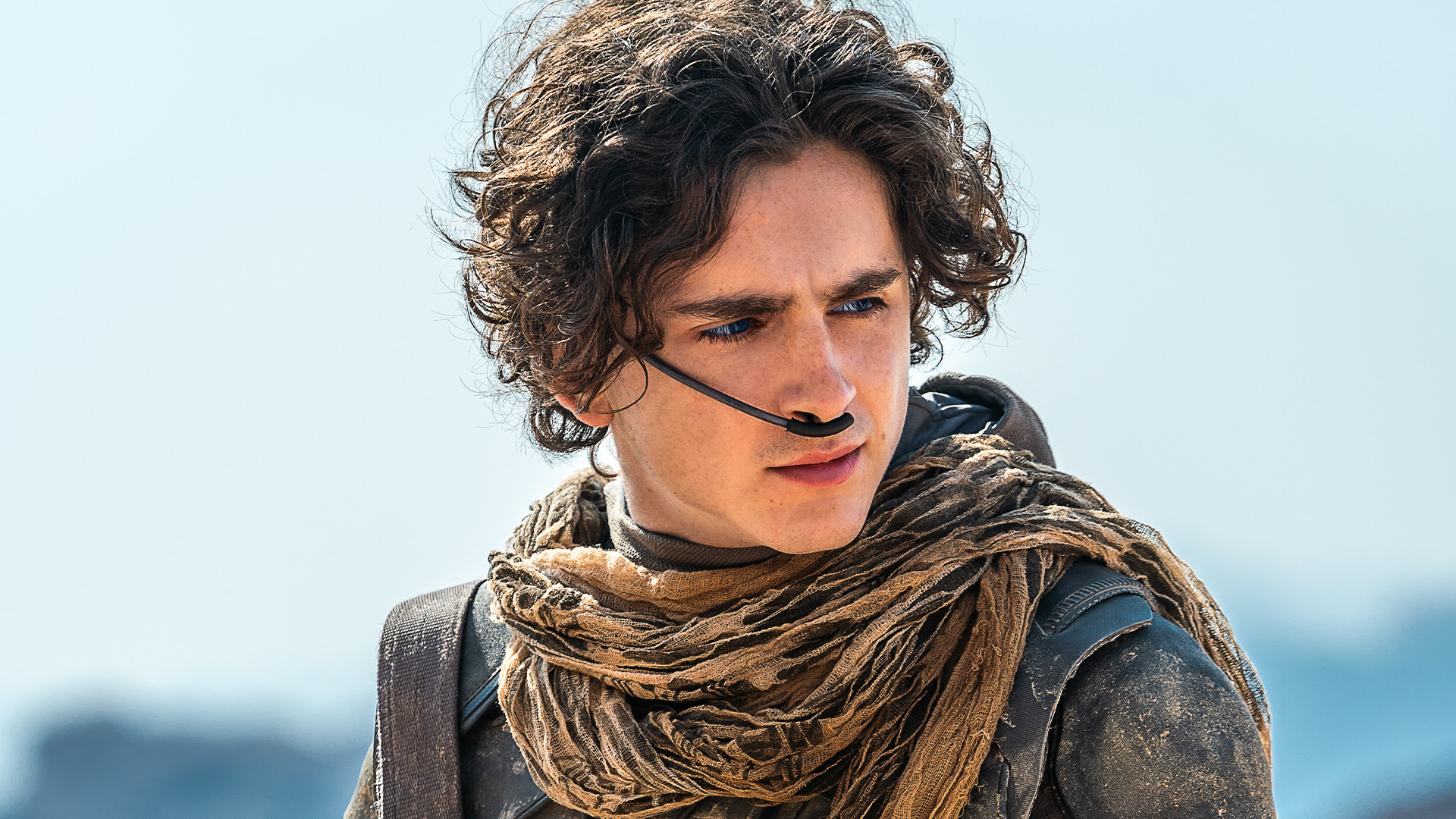
Director Denis Villeneuve returns to finish the spectacle he started, reuniting with a stacked cast led by Timothée Chalamet in Dune: Part Two. The result is a stirring piece of grown-up sci-fi, delivering huge amounts of spectacle, writes Matt Glasby.
If the first rule of sequels is that they need to be bigger than the original, then Denis Villeneuve’s second stab at Frank Herbert’s 1965 novel might be the biggest ever made. Running at a whopping 166 minutes—just under three hours—and concerning the battle for an entire planet, it’s an absolute behemoth.
Dune: Part Two deals with huge topics such as faith and fundamentalism, empire and sovereignty, and its hero, Paul Atriedes (Timothée Chalamet), gains at least two names along the way. It’s so huge you feel it ought to have an intermission like they used to in the 1980s. Or perhaps the 15-month wait between movies was an intermission and Dune should be viewed as a 321-minute epic cut in two.
The plot goes something like this. With the desert planet of Arrakis in the hands of the evil Harkonnen dynasty, Paul and his pregnant mum Jessica (Rebecca Ferguson) hide among the Fremen, led by Stilgar (Javier Bardem). While she becomes the Reverend Mother—a kind of holy seer—he learns how to survive in desert, has disturbing visions and gets close to Chani (Zendaya). But is he really the chosen one, destined to free them all? And if so, can he win the battle for hearts and minds before defeating the Harkonnen?
If all this sounds too confusing, it is. At least most of the bad guys are bald and painted white, so fairly easy to spot. Who Padishah Emperor Shaddam IV (Christopher Walken), Princess Irulan (Florence Pugh) and Lady Margaret Fenring (Lea Seydoux) are is rather harder to establish. Meanwhile, characters who we thought were dead return, and others prove to be connected in unexpected ways. Villeneuve and co-screenwriter Jon Spaihts do their best to keep us in the loop, but it’s a lot to take in, perhaps too much for one film.
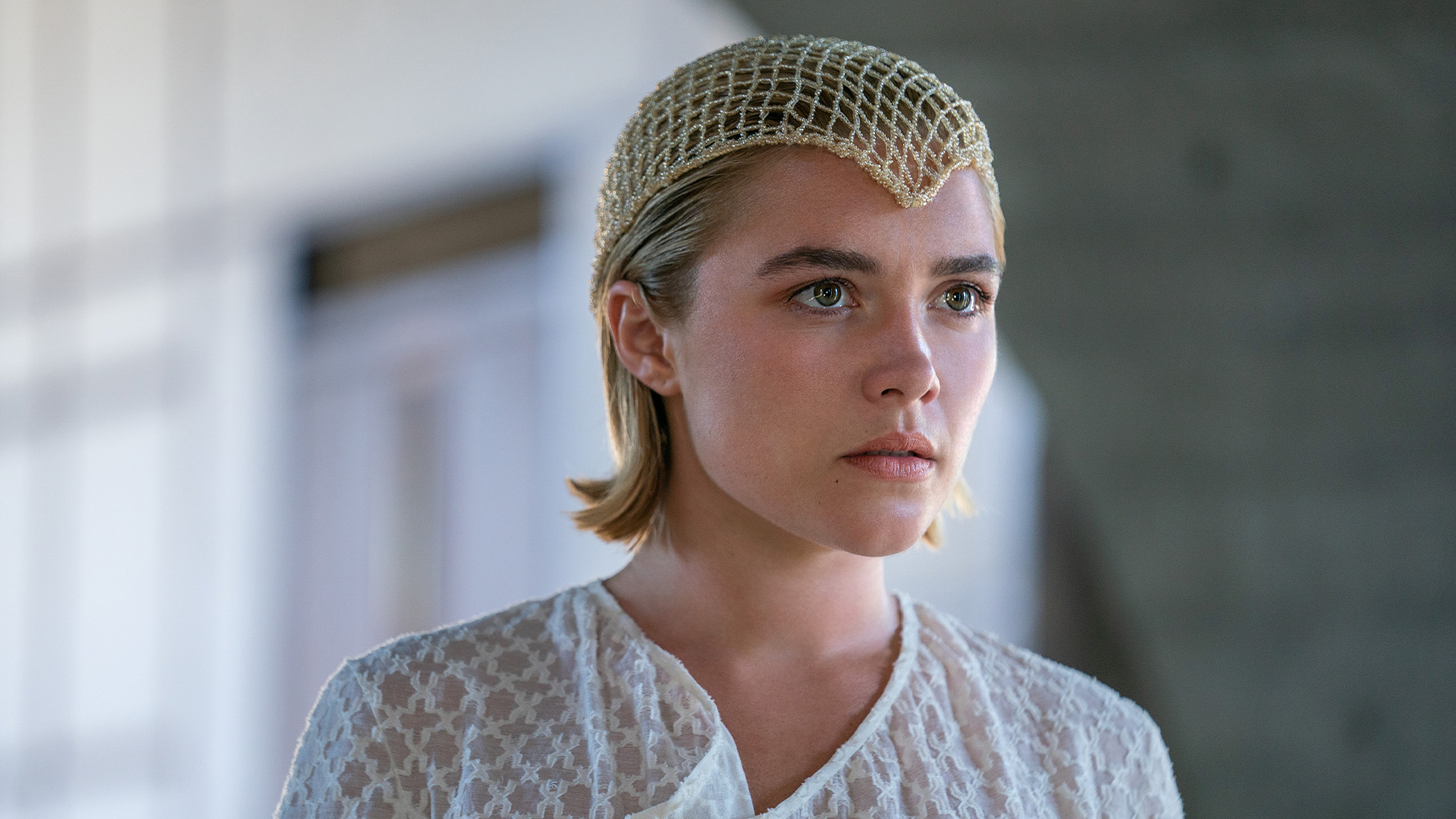
The cast is similarly stacked—so much so that even the unborn characters are famous. Chalamet does well in a demanding role, moving convincingly from gap year twat to revolutionary leader, while sidestepping the worst white-saviour accusations. “I’m not here to lead, I’m here to learn your ways, let me fight alongside you that’s all I’m asking,” he begs Chani.
After a kickass start, Ferguson is relegated to doing witchy stuff in the background; but Zendaya is suitably fierce as a woman who’s suspicious of false prophets, but is also falling in love with one. Bardem, meanwhile, is what gravitas would look like if it had slept rough for a month, and gets the film’s best, and perhaps only, laugh as he lists all the things that can kill you in the desert, from sandworms to spiders, centipedes to evil spirits—basically everything.
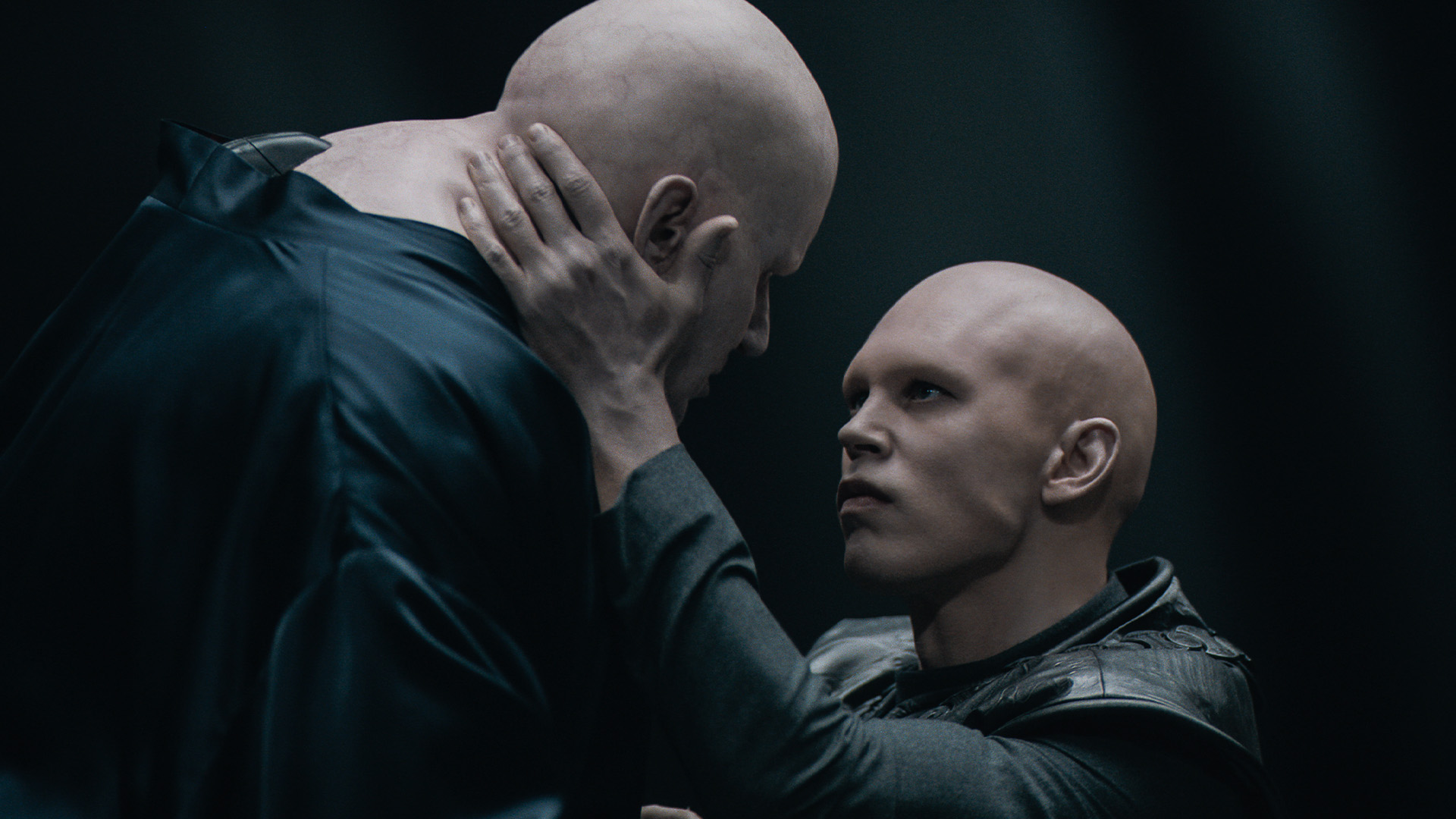
The bad guys have much more fun. In the kingdom of the baldies, Walken is the picture of magnificently coiffed, oddly cadenced charisma; Dave Bautista’s Glossu Rabban Harkonnen smashes faces against monitors in cold fury; and Austin Butler is all shark eyes and lethal cheekbones as sadistic perv Feyd-Rautha Harkonnen—a role made famous by Sting in his big blue budgie-smugglers.
Villeneuve is a director at the top of his game, and he marshals a talented team. Cinematographer Grieg Fraser’s visuals are stunning; Patrice Vermette’s production design makes everything feel textured and real; and there’s an integrity to the way the film-makers commit to the world of the film.
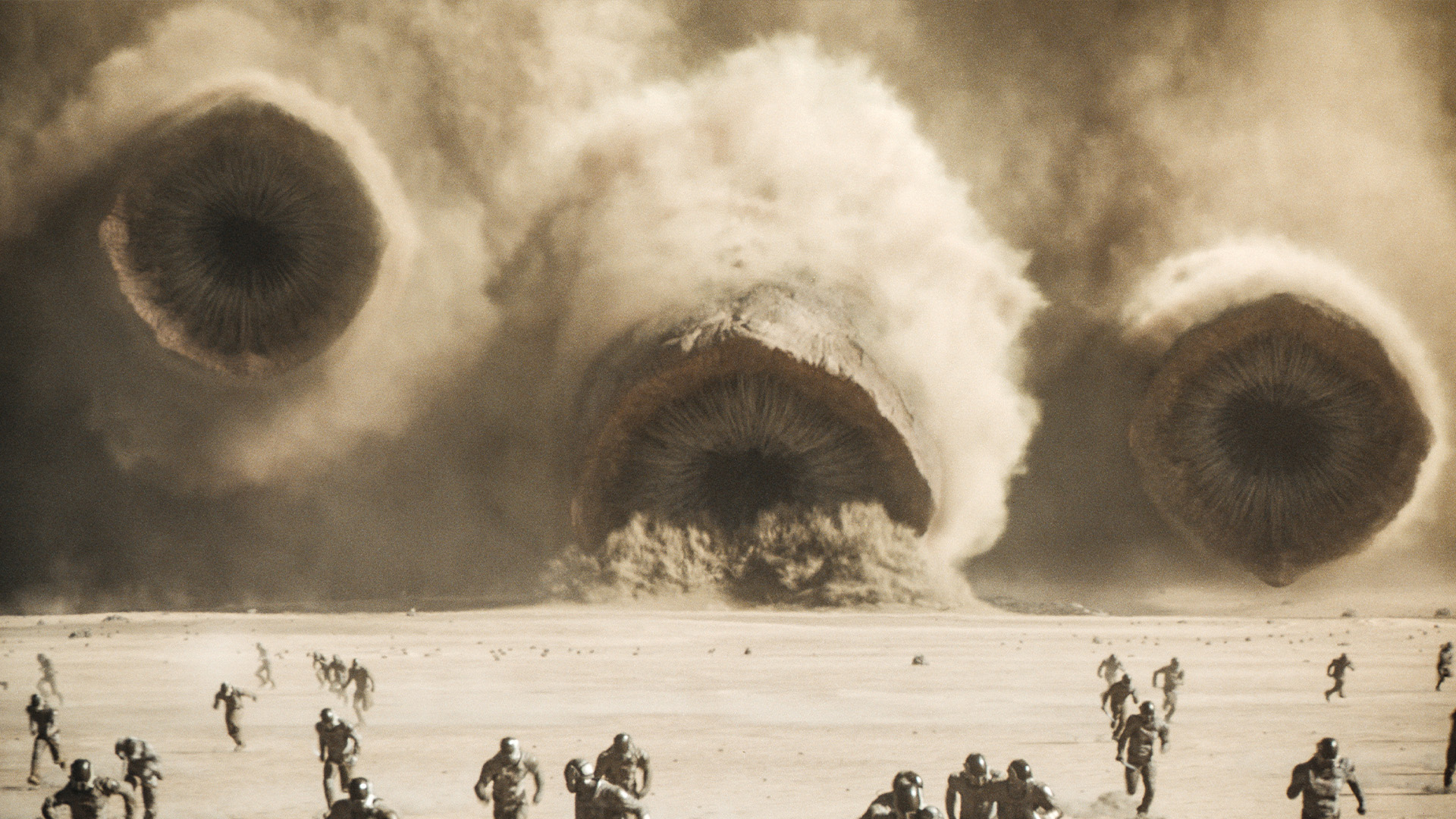
The setpieces are especially striking. The maddest—in magisterial black and white—introduces Butler’s character at a gladiatorial contest styled like the largest Nazi rally ever held. When Paul surfs a grandfather sandworm—the biggest of its kind, naturally—we see him dashing across the top of the dunes in quasi-silhouette, the thumper (a device for calling sandworms) filling the soundtrack like a panicky heartbeat. An opening skirmish, shot in the dip-dyed red of the desert sun, is a masterclass in simmering tension.
If there’s a criticism to be made, it’s that, at times, it all runs the risk of being a little too much. Too much mystical blah and po-faced politicking; too much of Hans Zimmer’s patented droning and wailing; too much of too many good things.
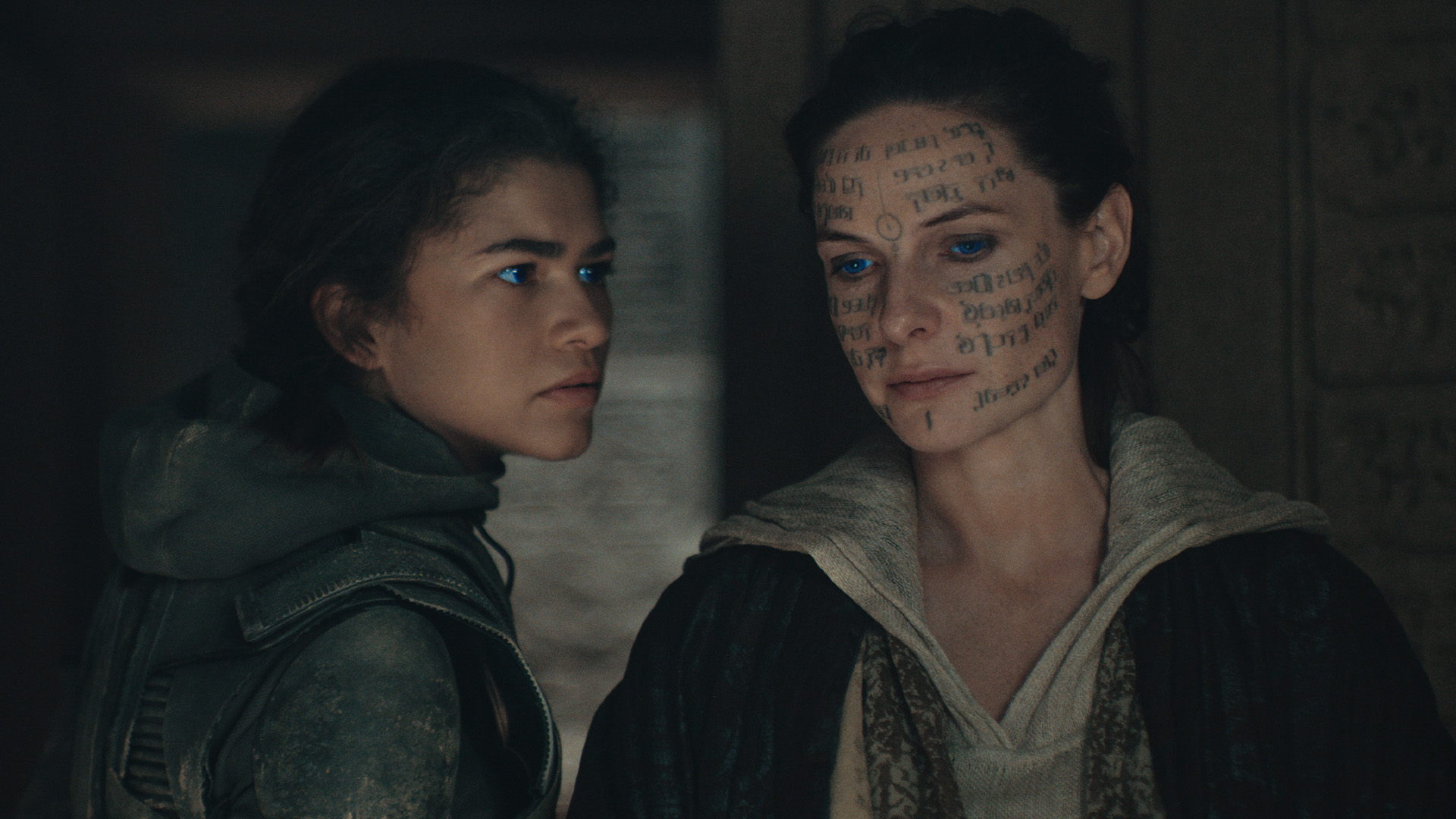
Dune: Part Two has, deservedly, been mentioned in the same breath as The Empire Strikes Back (not least because it features an emperor striking back), but viewers would be forgiven for needing a little Return of The Jedi too—not necessarily the full teddy bears’ picnic, just a little levity to grease the wheels of endless grandeur; a touch more human emotion to ground all the interplanetary intrigue.
But these are minor quibbles in face of a staggering achievement; a stirring piece of grown-up sci-fi delivering more spectacle than you’d see in several ordinary blockbusters stitched together. If it only wins our minds, not our hearts, it’s still one hell of a battle.




















